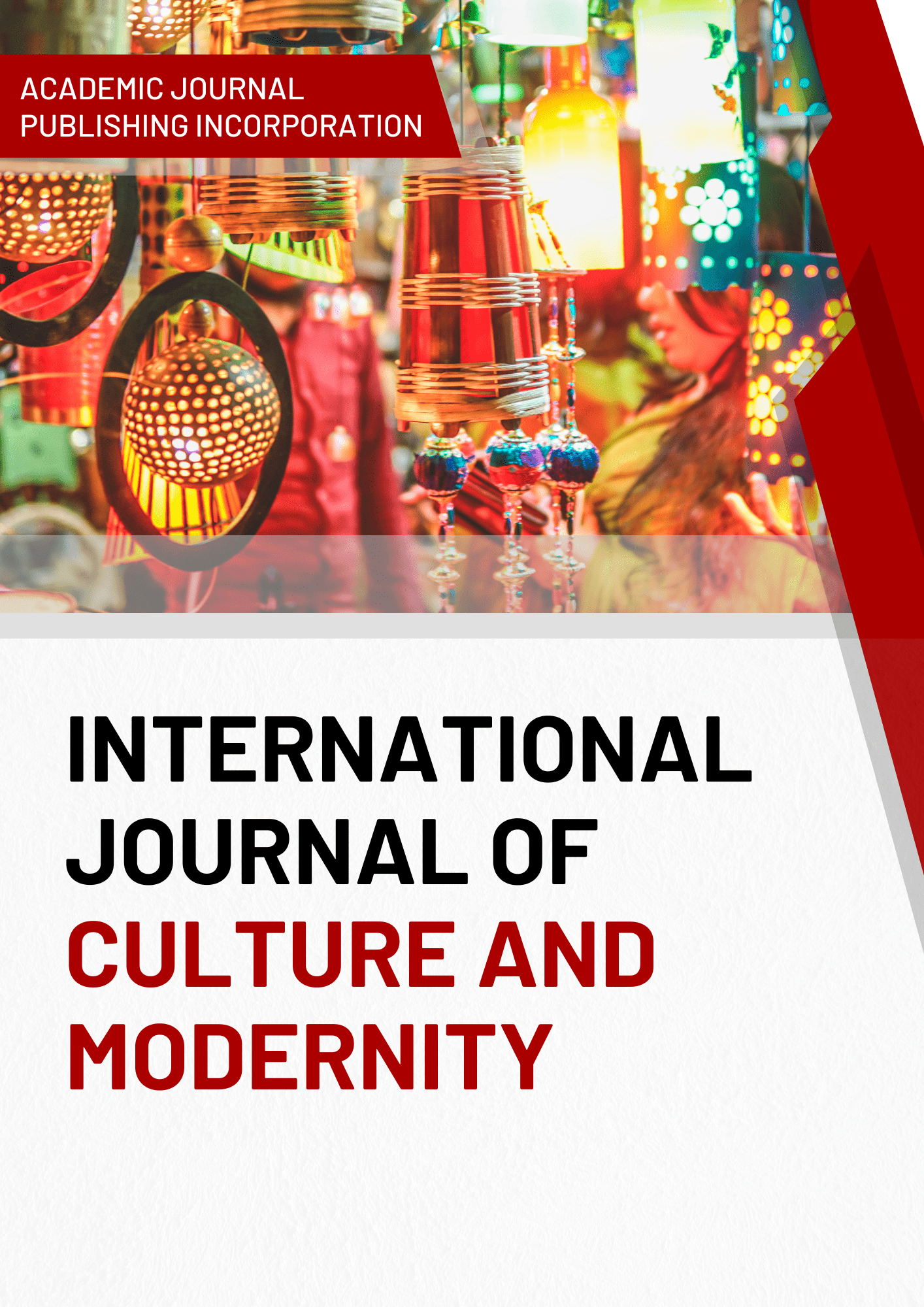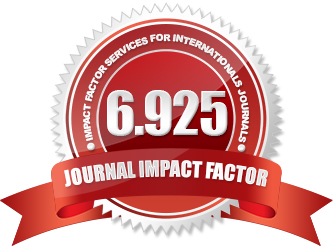About Humorous Literature for Children
DOI:
https://doi.org/10.51699/ijcm.v14i.213Abstract
The heyday of humorous literature for children falls on the 1950s-1970s. Funny books for children were created by such masters of the word as V. Golyavkin, V. Dragunsky, Yu. Koval, V. Medvedev, N. Nosov, Yu.Sotnik, E. Uspensky and others.served and serves entertainment, plays the role of psychological relaxation, and on the other hand, serves to correct morals and warn against bad deeds” [7, p. 159]. The already established genres and forms (fable, parable, apologist, edifying story) that perform educational tasks are being replaced by a lyrical and humorous story, a genre sketch, an etude-scene with pronounced features of psychological training, fantastic and fairy tale stories that unfold or paraphrase trivial moralizing, as in the whole corpus of works for children (A. Volkov, V. Gubarev, L. Geraskina, etc.).
References
Hamroyev M., Mahammedova D. va b. Onatili (darslik) – Toshkent: Iqtisod-moliya, 2007. – B. 42.
Jamolxonov H. HozirgiO‘zbekadabiytili (darslik). – Toshkent: Talqin, 2005. – B. 101
Kholdorova I. Antisemic relations of generative lexx in Uzbek language //Scientific Bulletin of Namangan State University. – 2019. – Т. 1. – №. 6. – pp. 327-330.
Kholdorova I. Semantic analyses of generative lexemes with “birth” and “death” semesin the uzbek language //Theoretical & Applied Science. – 2019. – №. 10. – pp. 362-364.
Kochkorbaevna, K. B. (2021). Effective ways to Increase Student Thinking Activity. InternationalJournalofCultureandModernity, 11, 256-262.
Kochkorbaevna, K. B. (2021). Effective ways to Increase Student Thinking Activity. International Journal of Culture and Modernity, 11, 256-262.
Otamírzaeva S., Yusupova M. O‘zbektili. Toshkent: O‘AJBNT Markazi, 2004. – B..
Rahmatullayev Sh. Hozirgio‘zbekadabiytili – Toshkent: Universitet, 2006. – B. 451.
Sayfullayeva R. va b. Hozirgio‘zbekadabiytili (darslik) – Toshkent: Fan vaTexnalogiya, 2010. – B. 74.
To‘raxo‘jaeva A. O‘zbekorfografiyasivapunktuatsiyasi (ma’ruzamatni) – Qo‘qon, 2010. – B. 9.
Valijonovna, K. I., &Askaraliyevna, U. M. (2021). Use of Modern Information Technologies in Literacy Classes. International Journal of Culture and Modernity, 11, 268-273.
Zokirov, M. T., &Zokirova, S. M. (2020). Contrastic analysis at the phonetic level. Academic Leadership (Online Journal), 21(05), 163-169.
Zokirova, S. M. (2021). FORMATION OF CREATIVE LITERACY IN MODERN YOUTH AND THE VALUE OF MNEMONIC TECHNOLOGY. Theoretical&AppliedScience, (4), 240-243.
Zokirova, S. M., &Axmedova, D. O. (2021). WORKING WITH BORROWINGS GIVEN IN DICTIONARIES OF PRIMARY SCHOOL TEXTBOOKS. Theoretical&AppliedScience, (3), 275-278.
Zokirova, S. M., &Topvoldiyeva, Z. R. (2020). ABOUT BORROWINGS IN THE UZBEK LEXICON. Theoretical&AppliedScience, (4), 701-705.
Бахтихон, К. (2017). MAKON MA‟ NOSINI IFODALOVCHI LEKSEMALARINING LINGVISTIK MAYDON SIFATIDA O‟ RGANILISHI. Актуальные научные исследования в современном мире, (4-2), 53-58.
Зокирова, С. М. (2019). Контрастный анализ синтактических слойных установок. Вестник Наманганского государствен¬ ного университета: Vol, 1(8), 48.
Kholdarova, I. V. (2021). THE FOLKS DISCOVERIES AND GENERATIVE LEXEMES. Theoretical & Applied Science, (3), 267-270.







